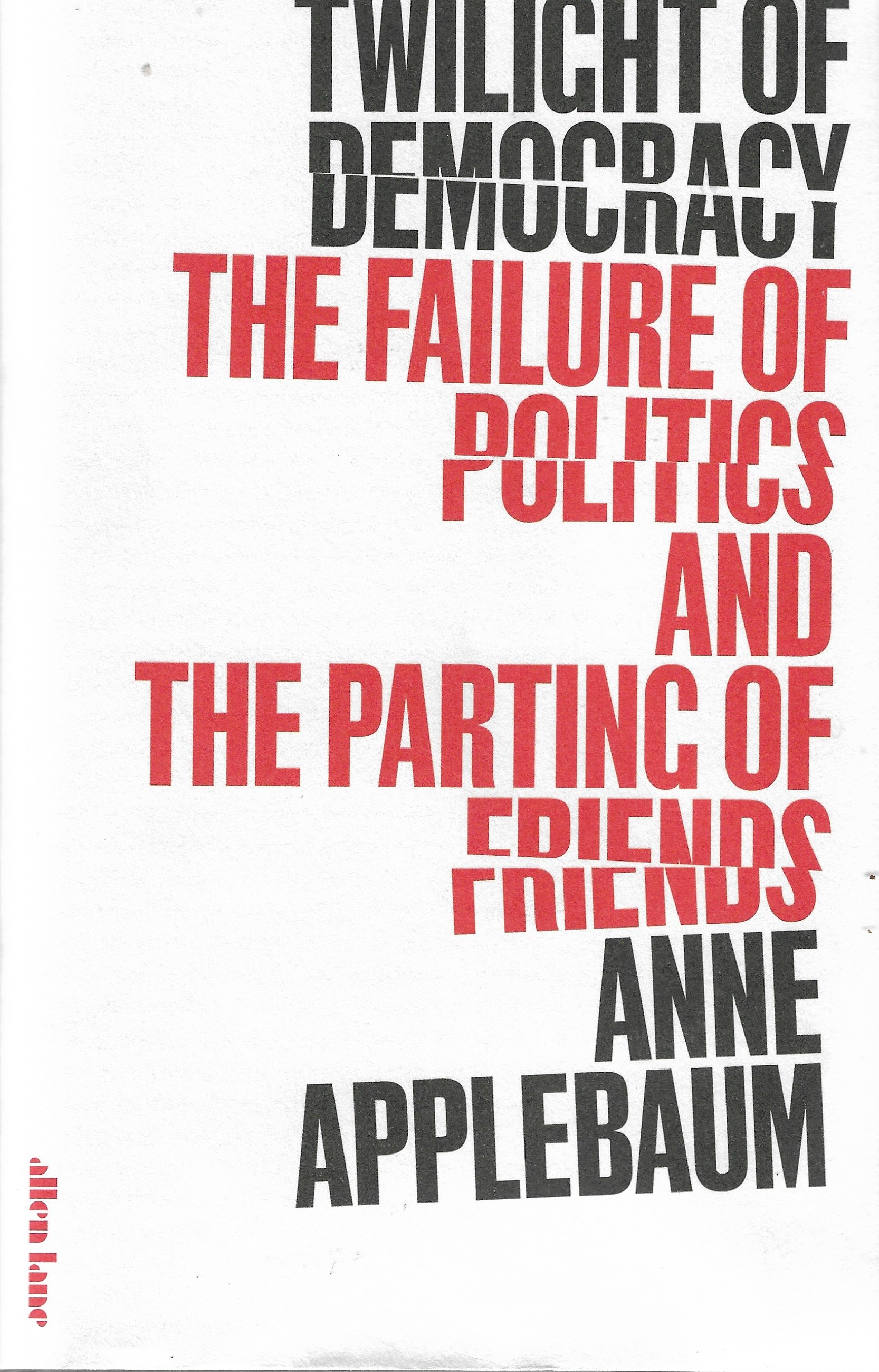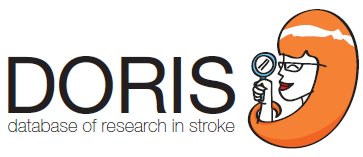 Sometimes you just have to laugh – exercise and laughing: the best medicines, as anyone will tell you, whether medically qualified or not. Best of all, these medicines are free, though I acknowledge they can be difficult to obtain for some people with physical or mental challenges.
Sometimes you just have to laugh – exercise and laughing: the best medicines, as anyone will tell you, whether medically qualified or not. Best of all, these medicines are free, though I acknowledge they can be difficult to obtain for some people with physical or mental challenges.
This image appeared today on social media:
Those of us who tentatively offer our verbal outpourings to the world live in fear of such unintended spell check gaffes. Most of the time it does not matter – in fact the author of that poster probably provided a lot of free happiness medicine to a lot of people. The fact that it appeared on social media, however, always leaves the nagging doubt that it may not be entirely genuine. No matter. Genuine or not, I bet it caused you to smile, even if it was a forced half-smile or even grimace (schoolboy humour, mutter, mutter. Get a grip, Sinclair).
Schoolboy humour of this kind always reminds me of an Irish friend, whose sense of the ridiculous helped me through a year of teaching in a German Berufsbildendeschule (literally, “Calling Building School” – roughly, Further Education college). There is not much humour in the formal side of most education systems, and the German one is no exception. In the world of education, the best humour exists not in dry curricular documents but in those classes where the teacher and students have a decent rapport and can share the occasional or even frequent joke. Sometimes humour comes unintended in the utterances of teachers, students or their parents – but that is for another day.
During the course of that year in Germany, for educational reasons naturally, I felt I should make the acquaintance of some of the fine local grape varieties – from Műller-Thurgau to Scheurebe, Dornfelder to Riesling, I sampled them all. A glass of Meddersheimer Paradiesgarten, for example, was just the thing to wash away the cares of a day spent teaching English to the trainee carpenters, mechanics, builders, bakers, factory and office workers of the college. The German Mark was riding high at the time and even quality wines were cheap when compared to UK prices. I can taste it now, that first cool sip of Paradiesgarten on a warm evening, the day’s labours behind me, the opportunity to socialise and improve my stock of German conversation in good company, the…. but I digress.
 Generous and outgoing to a fault, I felt that it was only right to share the pleasures of the local wines with friends and family when I returned home for a couple of weeks at Christmas. This being the 1970s, the mobile phone had yet to be invented, so I walked along one evening to the public telephone near the station. There I called my Irish friend – I shall call him Frank – in a town some 25 miles away and agreed with him that he would obtain a case of selected wines from a vineyard close to him, and that I would collect and pay for the wine the following weekend. Remember, in those days a bottle of wine, and especially good quality German wine, still had a slightly exotic air about it, so would be warmly welcomed back home. Warmly welcomed, and hopefully served chilled.
Generous and outgoing to a fault, I felt that it was only right to share the pleasures of the local wines with friends and family when I returned home for a couple of weeks at Christmas. This being the 1970s, the mobile phone had yet to be invented, so I walked along one evening to the public telephone near the station. There I called my Irish friend – I shall call him Frank – in a town some 25 miles away and agreed with him that he would obtain a case of selected wines from a vineyard close to him, and that I would collect and pay for the wine the following weekend. Remember, in those days a bottle of wine, and especially good quality German wine, still had a slightly exotic air about it, so would be warmly welcomed back home. Warmly welcomed, and hopefully served chilled.
I drove over to Frank’s flat the next Saturday, with the happy feeling in my heart that much of Christmas was now sorted, but a slightly less happy feeling about the stack of Deutschmarks in my jacket pocket that I was about to hand over to him to make this possible.
Later, as I drove off from Frank’s flat, with the case of wine clinking slightly in the boot of my car, I glanced in the rear mirror. Was that a conspiratorial smile I saw being exchanged on the doorstep between Frank and his flat-mate? Friendship is a wonderful thing but some good friendships are based on banter, as well as trust. A few streets away, I stopped the car, got out and opened up the boot. The wine had been supplied in a wooden case held together with light wire. I prised it open and counted twelve bottles. Fine. Each bottle appeared genuine, full and undamaged. I was imagining things. The unworthy thought that Frank had supplied me with ten bottles instead of twelve or cheap plonk instead of genuine quality wine should be banished from my mind.
And so, a couple of weeks later, I was back in Scotland giving and receiving for Christmas. To those special family and friends, a carefully selected bottle of German wine was given. Friends, cousins, parents – even the man who was to be my future father-in-law received a bottle. I saved a bottle to share with my parents on Christmas day. A special day made more special by the presence of a Meddersheimer Paradiesgarten.
It was some weeks later, back in Germany and well into the new year, before I ran into Frank. He was wearing the broadest and most annoying of smiles.
– How was Christmas?
-Fine, and yours?
-Are you sure everything was OK?
-Yes.
-And the wine, how was that?
-Great, thanks.
That damned smile again.
-What?
-Nothing.
-What is so funny?
-I think we should have a glass of wine together.
It was over that glass of wine that Frank finally confessed. He and his flat mate had gone together to collect the case of wine from the vineyard and had stored it in a spare room. That evening, the thought of those bottles resting quietly in another room had become too much for them.
They had begun by carrying the case through to their living room. They had stared at it. They had commented to each other how flimsy the wire was that held the case together, how easy it would be to open it up then close it up again. Then, that they owed it to me to check that the bottles were indeed the correct ones. Yes they were. But didn’t they also owe it to me to check the quality? Yes, they would be doing me a favour. So they very, very carefully opened one bottle, preserving the seal and cork intact, poured themselves a couple of glasses then another couple, then much bolder and much merrier they refilled the bottle with cold water, very carefully reinserted the cork, very very carefully replaced the seal and returned the bottle gently to the case. Much giggling, no doubt.
I rewound Christmas. I thought of the faces of those who had received bottles. Unwittingly, I had been playing a kind of viticultural Russian roulette with them. Which friend, which relative had received the dud? Which had raised a glass to his or her lips and said to themselves, “Why is this wine so clear?” “Is this wine water?”
To this day, I do not know the answer to those questions. I never asked and no-one ever said a word about it to me.
Frank and I are still friends. We smile a lot when we are together. Perhaps fortunately for those around us, these occasions are rare.
To the present, and the world of stroke, which is supposed to be the core topic of this blog. A Facebook friend and stroke survivor illustrated his latest post with this image:
For stroke – and lockdown – survivors, humour and exercise: the best medicines.







Pingback: Meet Ben | Man Dog Stroke